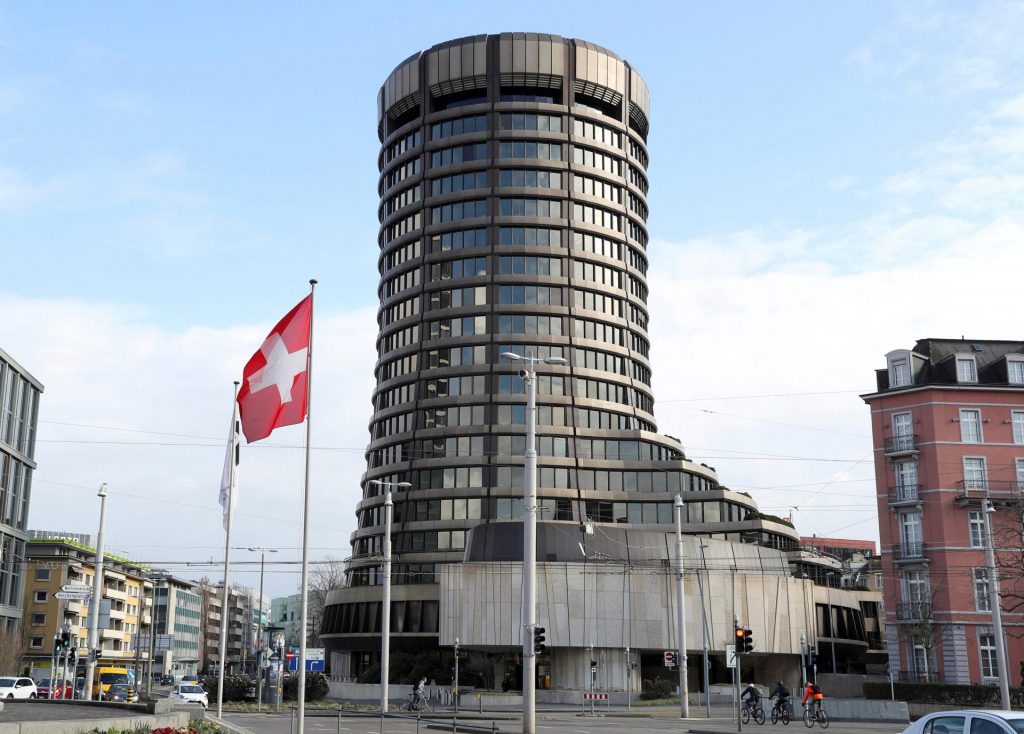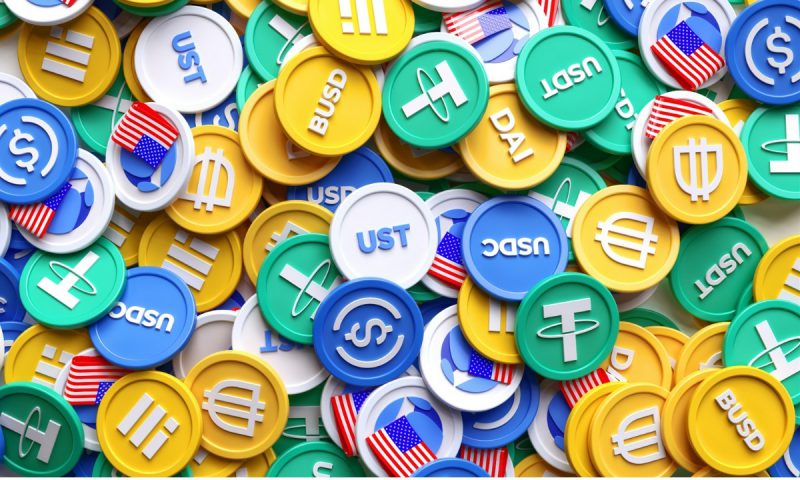A new study conducted by the Bank for International Settlements (BIS) has claimed that stablecoins are an unsafe and untrustworthy store of value. Indeed, the bank published a new report on the pegged digital asset specifically. There, the skeptical organization relayed its findings that supported its view of the asset.
Within the report, the BIS stated that not a single of the 68 present stablecoins was stable at all. Specifically, they claimed that “not one of them has been able to maintain parity with its peg at all times… irrespective of their size or type of backing,” the study proclaims.


Also Read: BlackRock Says USDT and USDC Stablecoins Pose Risk to Bitcoin
BIS Release Report Identifies Flaws in Stablecoins
For much of this year, various government-related organizations have undergone vast research into the digital asset industry. Indeed, efforts have occurred amid the boom in popularity. Subsequently, many have hoped to identify ways in which they could govern the rapidly growing industry.
Yet, one such study into a specific kind of digital asset has revealed less than flattering results. Specifically, the BIS has revealed a study that says stablecoins are an unsafe and untrustworthy store of value. Therefore, argue against their rising prominence within the overall digital market moving forward.


Also Read: BIS Says DeFi Could Bring ‘New Generation’ to Finance Market
The report stated, “We conclude that the stablecoins in circulation today do not meet the key criteria for being a safe store of value and a trustworthy means of payment in the real economy.”
Moreover, the study identified “significant data gaps” that made it “difficult to ascertain the risks of stablecoins to the smooth functioning of payment systems and financial stability more broadly.”
Thereafter, the study noted an example of stablecoins” inability to remain healthy amid market turmoil. Specifically, the BIS referenced the Silicon Valley Bank collapse in March. The agency noted the event led to a $5.8 billion outflow of the USD coin when Circle held its US dollar reserves, with the bank collapsing. Therefore, leading BIS to conclude that this asset cannot match their closing prices with parity with the currency they are pegged to, leading to its unsafeness.





